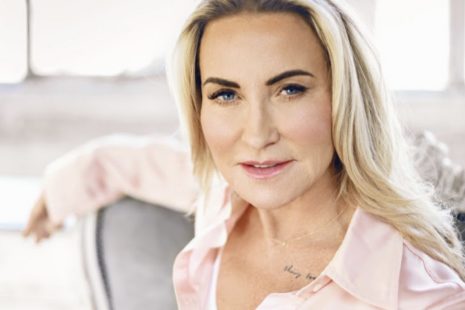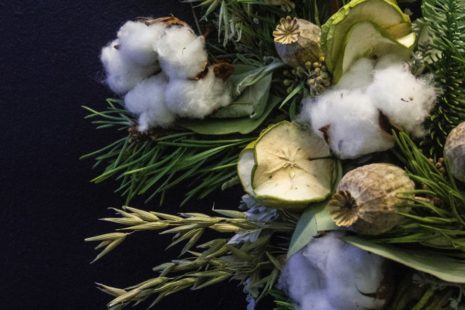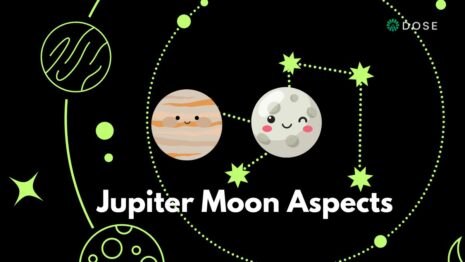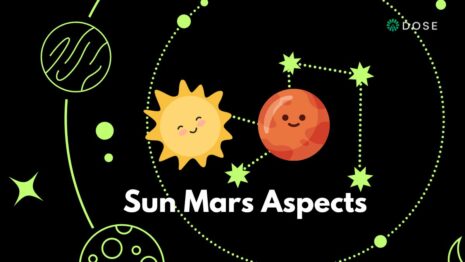More people are exploring non-monogamy than ever before. With Google searches and London ‘poly meetups’ on the rise, we investigate the practice of having more than one intimate relationship at a time. DOSE contributor Lucy uncovers all the juicy stuff, from jealousy to sex admin, with a real-life couple in a polyamorous relationship…
What does being in a polyamorous relationship mean?
According Ruby Rare, a sex educator, polyamory is only one form of non-monogamy. There are many ways polyamory can be structured and it’s really up to the individual to find what’s best for them. It can include having one primary relationships with other partners surrounding that, having multiple partnerships which are all treated equally, or even being in a ‘throuple’ – a relationship made up of three people instead of two. It’s really about opening up our ideas of how love, sex, and intimacy can be conducted: removing the societal expectations of what relationships should look like and exploring a world where one person does not need to provide everything to us.
Sex admin involved in a polyamorous relationship
“Some people may go into polyamory with the expectation they will have loads more sex, but along with that, you’ve also got to navigate planning your encounters in ways that work for everyone involved, and ensuring everyone feels emotionally supported,” says Ruby. “All of your experiences in poly-world have emotional obligations attached to them, often involving more than one person, so the reality for many is a lot of admin and communication rather than a crazy new sex life!”
“For many, it can feel alien and scary getting used to the idea of their partner having sex with other people. Jealously is an emotion experienced by everyone, but in poly circles there are ways to process jealousy in a healthy way – tools which can be used by monogamous people too.”
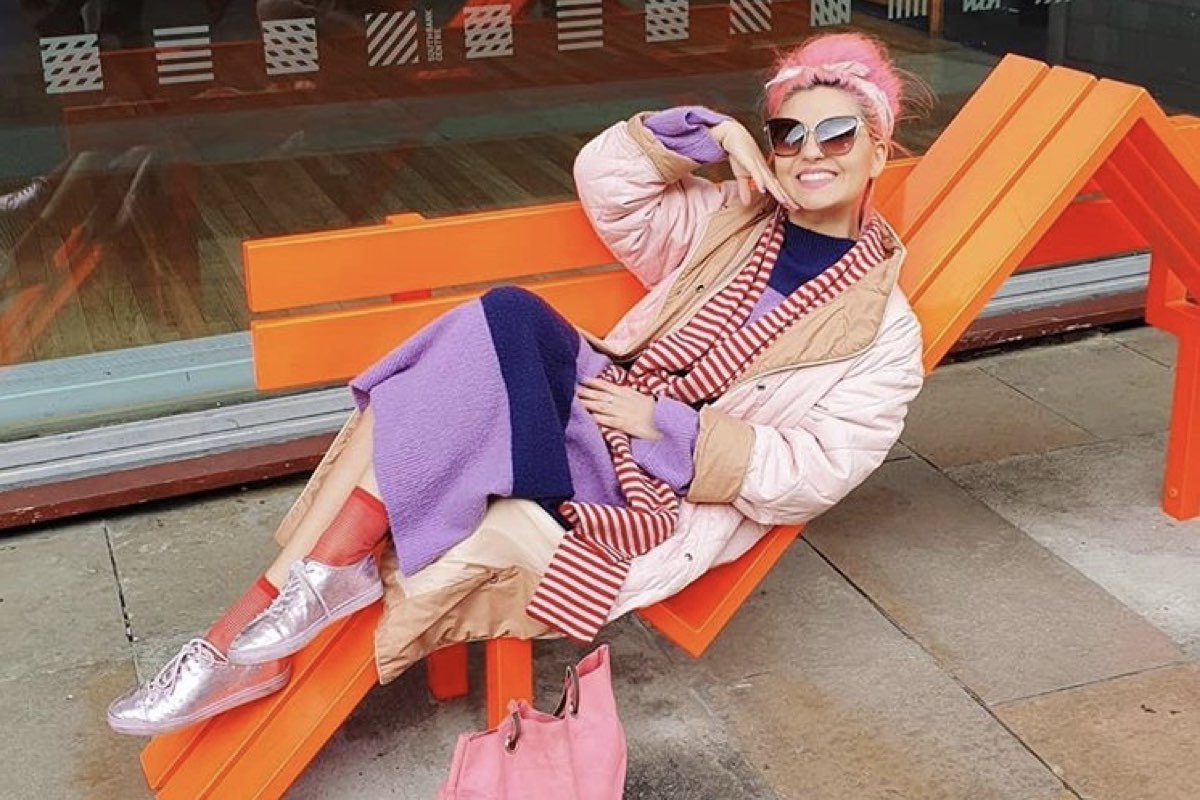
The benefits of a polyamorous relationship
“Having sexual experiences with different people can enhance your sexuality and many people enjoy the variety of being intimate with a variety of different people. This can be particularly beneficial if, like me, you’re attracted to more than one gender, or if there are particular kinks you want to explore that another partner might not be as interested in. I’ve also spoken to asexual and aromantic people who really benefit from being in poly communities – they can have relationships which fulfil them (which may include little/no sex or romance) while giving their partners the space to explore those aspects with other people,” she continues.
“For me, the foundations of a poly relationship is communication, honesty, a level of independence, and the freedom to choose how to structure the relationship in a way that works for everyone. In theory all of these should be present in monogamous relationships as well, so when you get down the core of it I don’t think they’re that different.”
Polyamorous relationships are on the rise
Ruby said she’s definitely noticed the scene grow over the past few years. “More people are opening up to new ideas of framing their relationships. There’s an annual poly conference that’s been going for years, but recently I’ve noticed more people in their 20s and 30s attending. A ‘munch’ is a casual social gathering for people who share specific relationships styles, kinks, or fetishes. They’re friendly and informal and can be a great way to meet like-minded people. Many are advertised on ‘meetup’ sites. There are munch events that happen pretty much every week across London, and there’s always a good representation of poly people at sex positive events.”
A real life polyamorous couple
Meet Joe, 29, and Edie, 31, who are in a successful polyamorous relationship…
How did you get into polyamory/non-monogamy?
It was a pretty organic process for us. We’d been together 8 years – since our very early twenties- and had always struggled with complete monogamy, despite commitment to each other. We had previously tried a ‘traditional’ open relationship, but upon reflection we didn’t have the maturity at the time to navigate it without causing hurt. When we heard about the Feeld dating app (dating for couples, essentially) we thought we’d give it a go. The rest is history. We didn’t start this phase of our relationship with any expectations, nor any concrete rules. With felt our way through by being honest and open with one another. So far, after two years of seeing people as a pair, it’s working really well.

Is it something you’re both equally into?
Broadly speaking, absolutely. I think that’s an important element of why it works for us. Because our version of non-monogamy involves mainly seeing people as a pair, it’s also important that we are both equally into that person (and that the third person is equally into us!) The fact that we’re both bisexual certainly helps that. Although our tastes aren’t always identical. One of the more fun aspects of this journey has been discovering where our taste in men/women overlaps, and where it entirely diverges. It’s been eye opening!
How does it work when you meet someone?
It’s pretty much like a normal date, apart from that there’s three people of course. We meet for drinks and get to know someone. Alcohol certainly helps to get over the slightly awkward first half an hour! It’s really important to us that the person we’re meeting feels entirely safe and comfortable. That’s something we’re very aware of, particularly if it’s a woman we’re meeting. You end up talking about work and life and London – all the normal date things. But there’s always also this other topic you can fall back on- in fact, you eventually can’t avoid it- which is poly/non-monogamy! You know it’s going well when you start swapping funny poly dating stories. We’ve seen people for just one night, and we’ve seen people for up to 18 months. It just depends on the connection and what everyone is looking for.
Do either of you ever get jealous?
Neither of us are immune to jealousy in life. But this way of conducting a relationship hasn’t really brought those feelings to the fore. When it’s good, it’s too much fun. But also, our loyalty always lies with each other, no matter how close we may occasionally feel to a third partner. When there’s that trust there (we’ve been together 10 years) you don’t feel jealous. 99% of the time, at least.
What are the benefits for you both?
We’ve met some incredible people, people who we wouldn’t otherwise have connected with in our day-to-day lives. We’ve made friends. We’ve had some fantastic new sexual experiences. At times, although we don’t consider ourselves to be part of any poly ‘scene’, it’s felt like discovering a community of likeminded people. And it’s helped to confirm a suspicion we long held- that sexual fidelity is not the most important and inviolable marker of a committed relationship. It’s honestly brought us closer together.

Where do you meet potential partners?
Dating apps. Feeld is specifically designed for this sort of thing, although it has recently become inundated with straight men looking for an easy threesome (don’t straight men just ruin everything!) We’ve also used apps like tinder and OkCupid. They can be fine, but it’s important to be very clear immediately (and on your profile) that you’re on there as a couple. No one wants to feel tricked. When we first started this we had a fantasy about meeting someone naturally (ie. not on an app) and having a threesome. But the reality of it is far less sexy. No one wants to be the creepy swinging couple at the bar. That’s an absolute nightmare of ours!
What tips could you give to couples wanting to try it?
You’ve got to walk your own path with this: every couple is going to react differently and want different things from it. It might sound obvious, but the first thing we’d say is that you don’t have to do this! If the thought of your significant other having sex with someone else fills you with absolute horror, maybe take up squash together instead! But if you’re still interested, then we’d advise to move at your own pace – you don’t have to jump into an orgy on day one. We find it best to communicate constantly rather than to go in with cast-iron rules. But most importantly, have fun. Otherwise, what’s the point?
Get your weekly DOSE fix here: SIGN UP FOR OUR NEWSLETTER
FAQ’s
What is a polyamorous relationship?
A polyamorous relationship is a consensual, non-monogamous relationship where individuals have multiple romantic and/or sexual partners.
How do polyamorous relationships work?
Polyamorous relationships work differently for each individual and relationship. Communication, honesty, and consent are key components.
Is jealousy a problem in polyamorous relationships?
Jealousy can be a challenge in any relationship, but it can be managed in polyamorous relationships through open communication and addressing underlying issues.
Can polyamorous relationships be healthy?
Yes, polyamorous relationships can be healthy when all parties involved are honest, communicative, and respectful of each other’s boundaries and needs.
Is polyamory the same as cheating?
No, polyamory is not the same as cheating. Cheating involves breaking the agreed-upon rules of a monogamous relationship, while polyamory involves consensual non-monogamy.
Related Posts:
- Think you know a lot about wine? Become a wine educator
- Libra Compatibility Explained: Love, Marriage, Sex and Life
- Capricorn Compatibility: Love, Friendship, Marriage,…
- Virgo Compatibility Explained: Love, Friendship,…
- Aries Compatibility Explained: Love, Marriage, Sex and Life
- Sagittarius compatibility: Personality, Love, Trust,…



